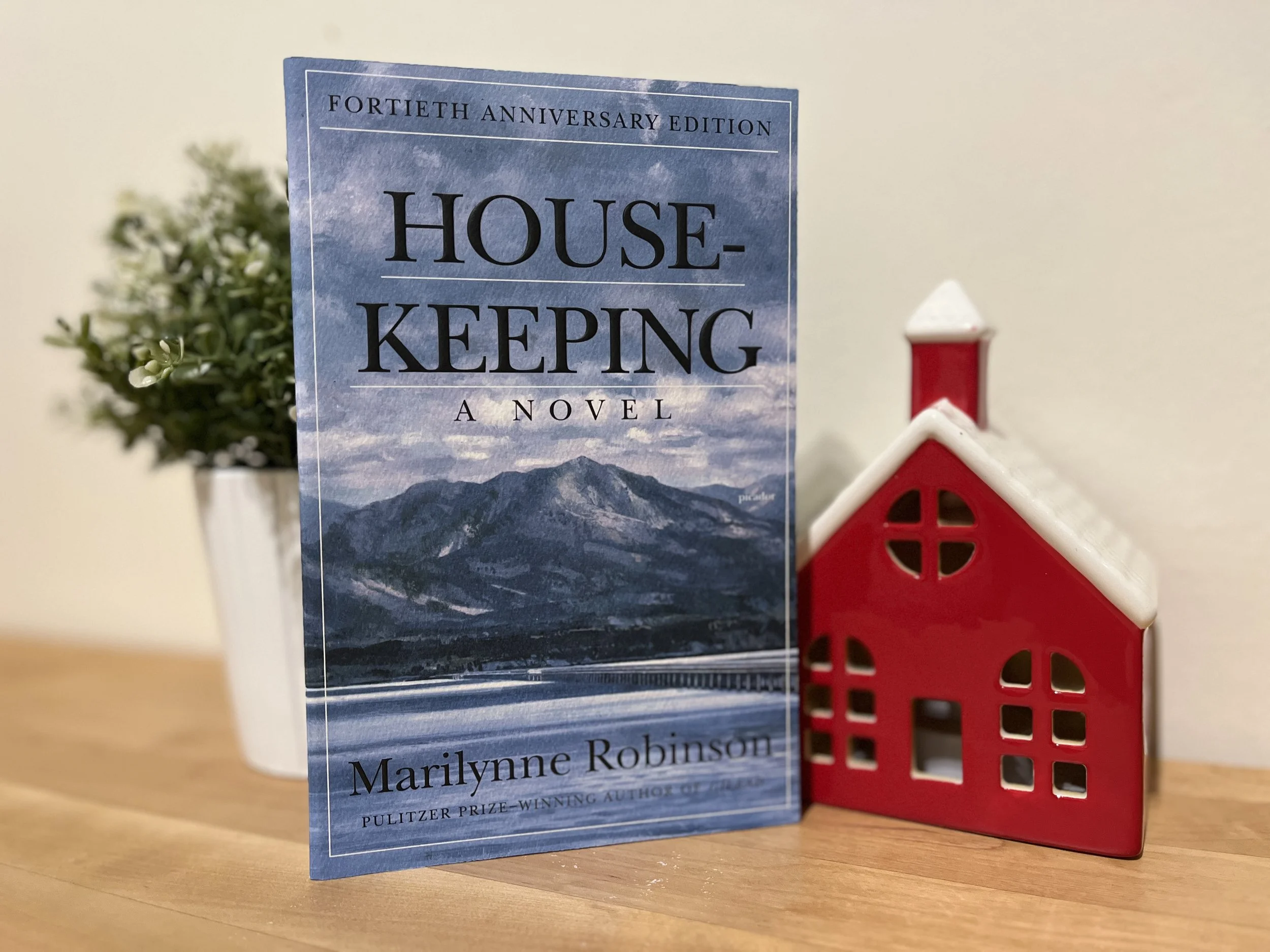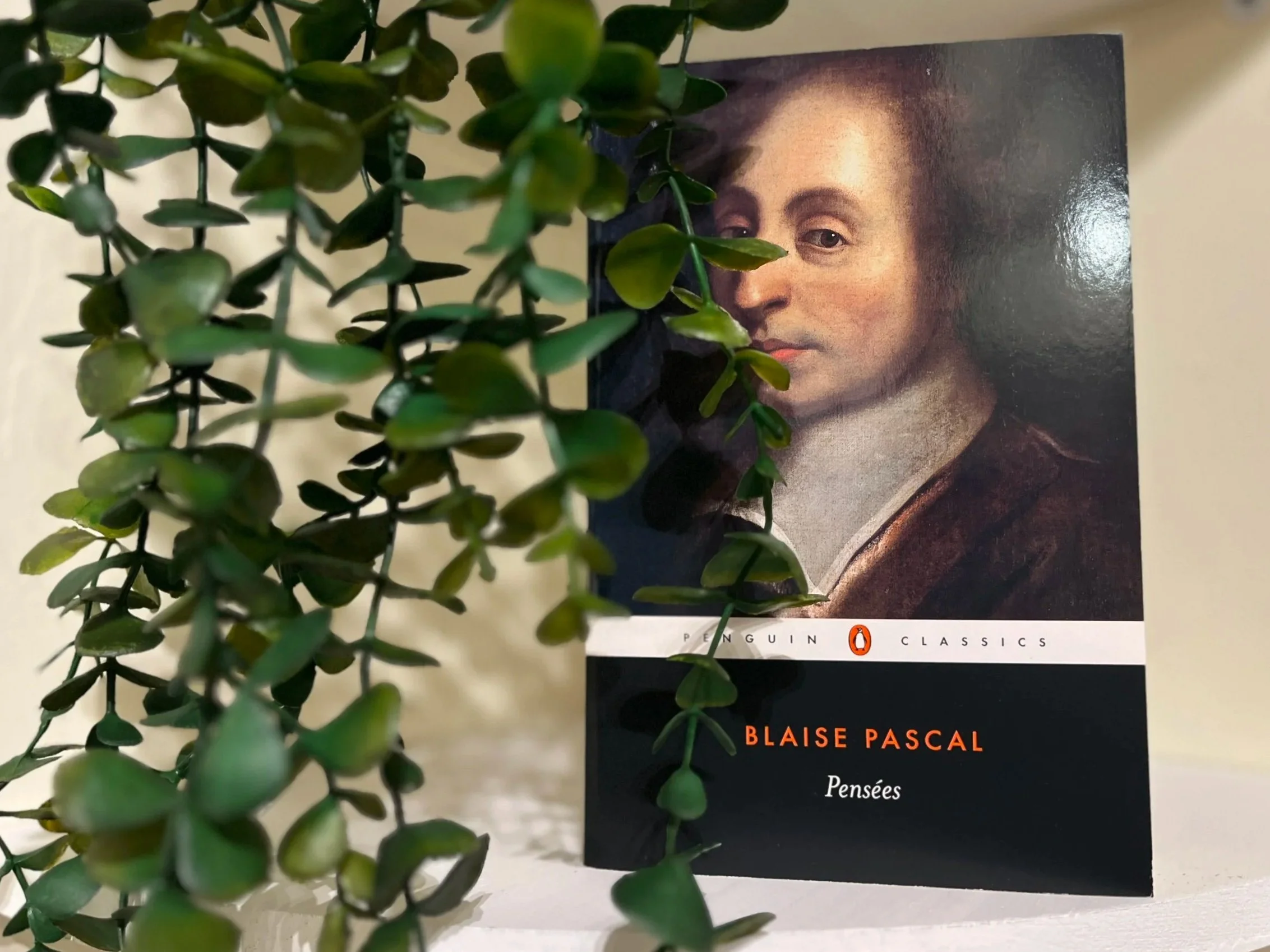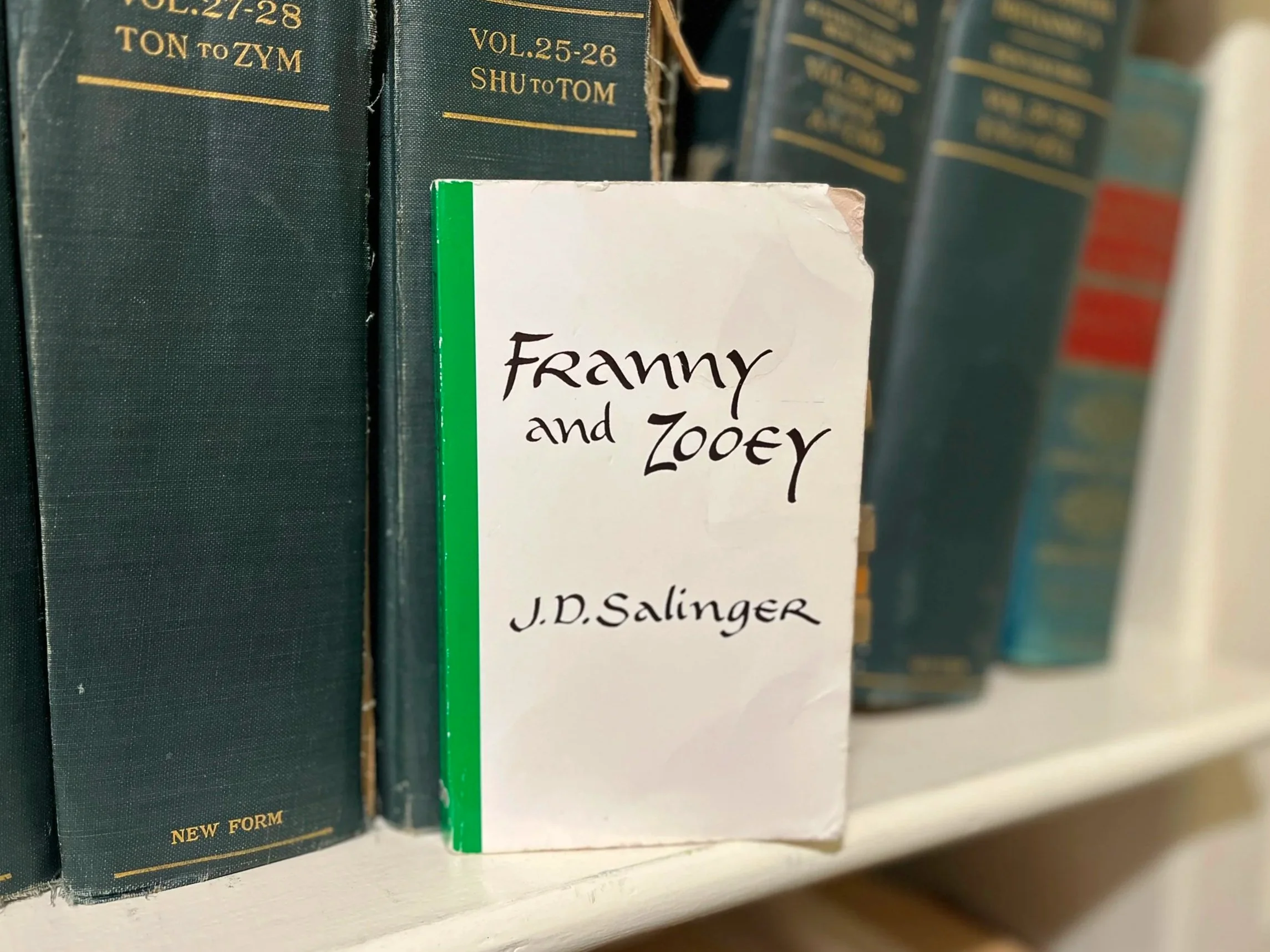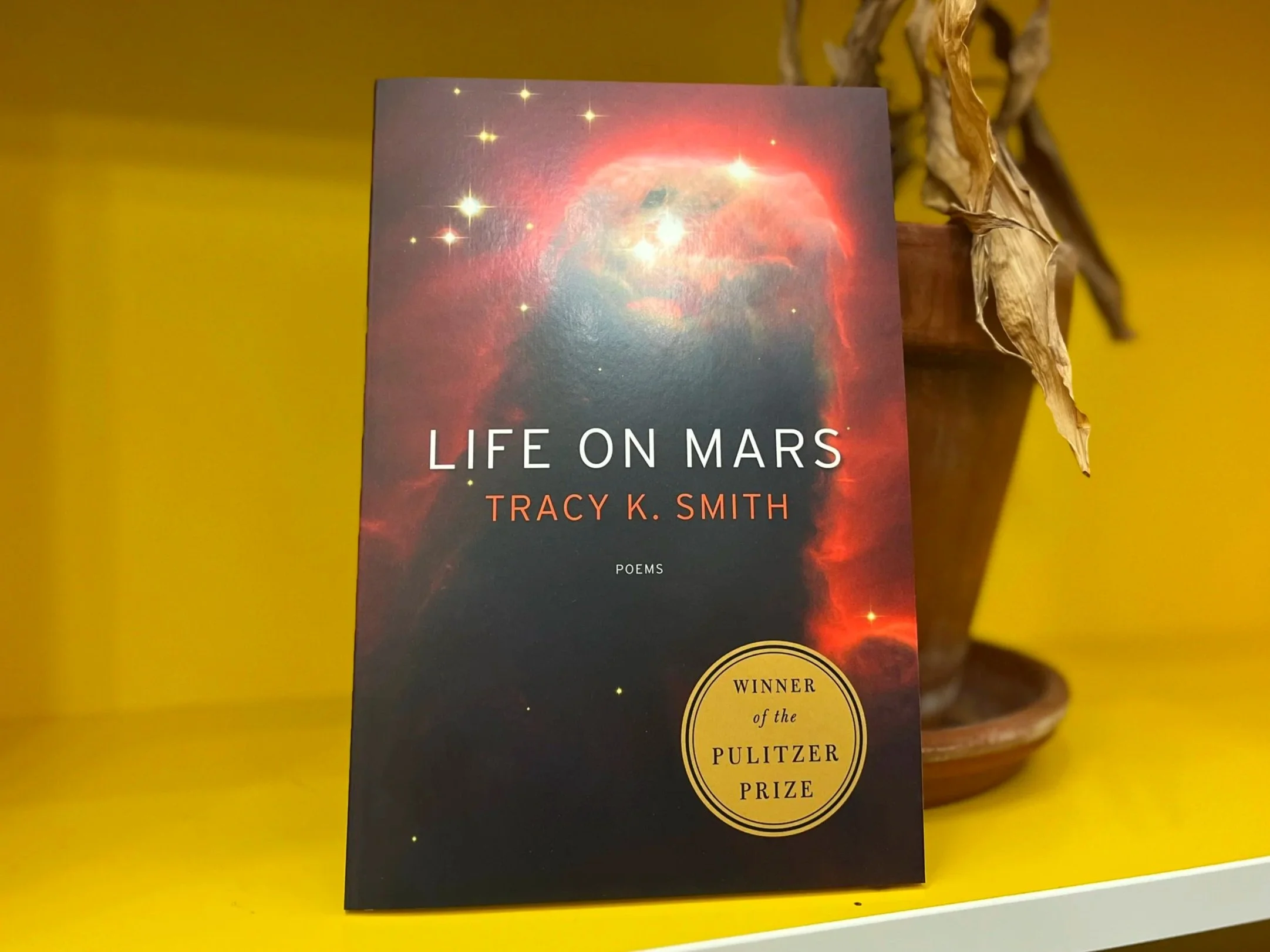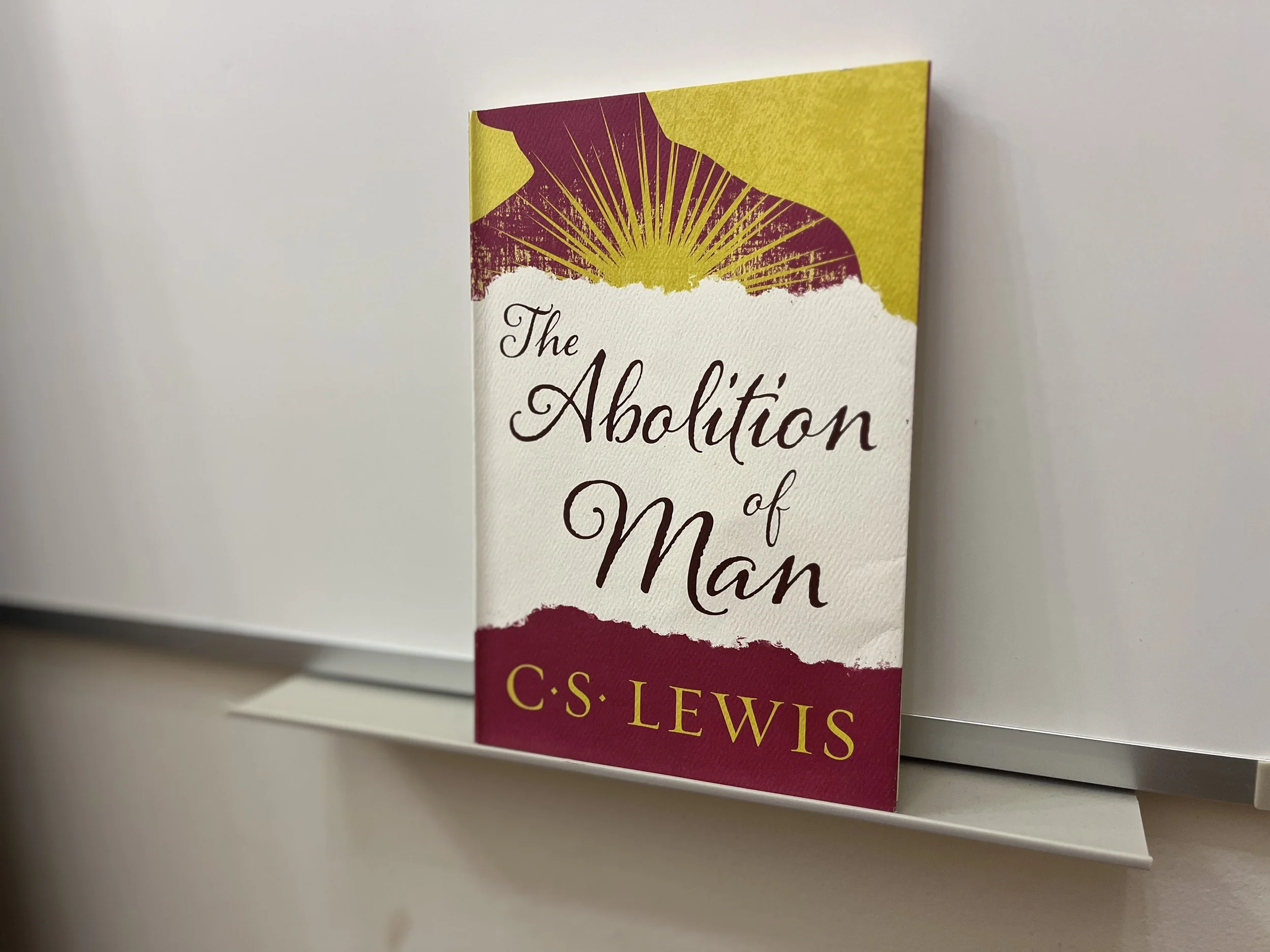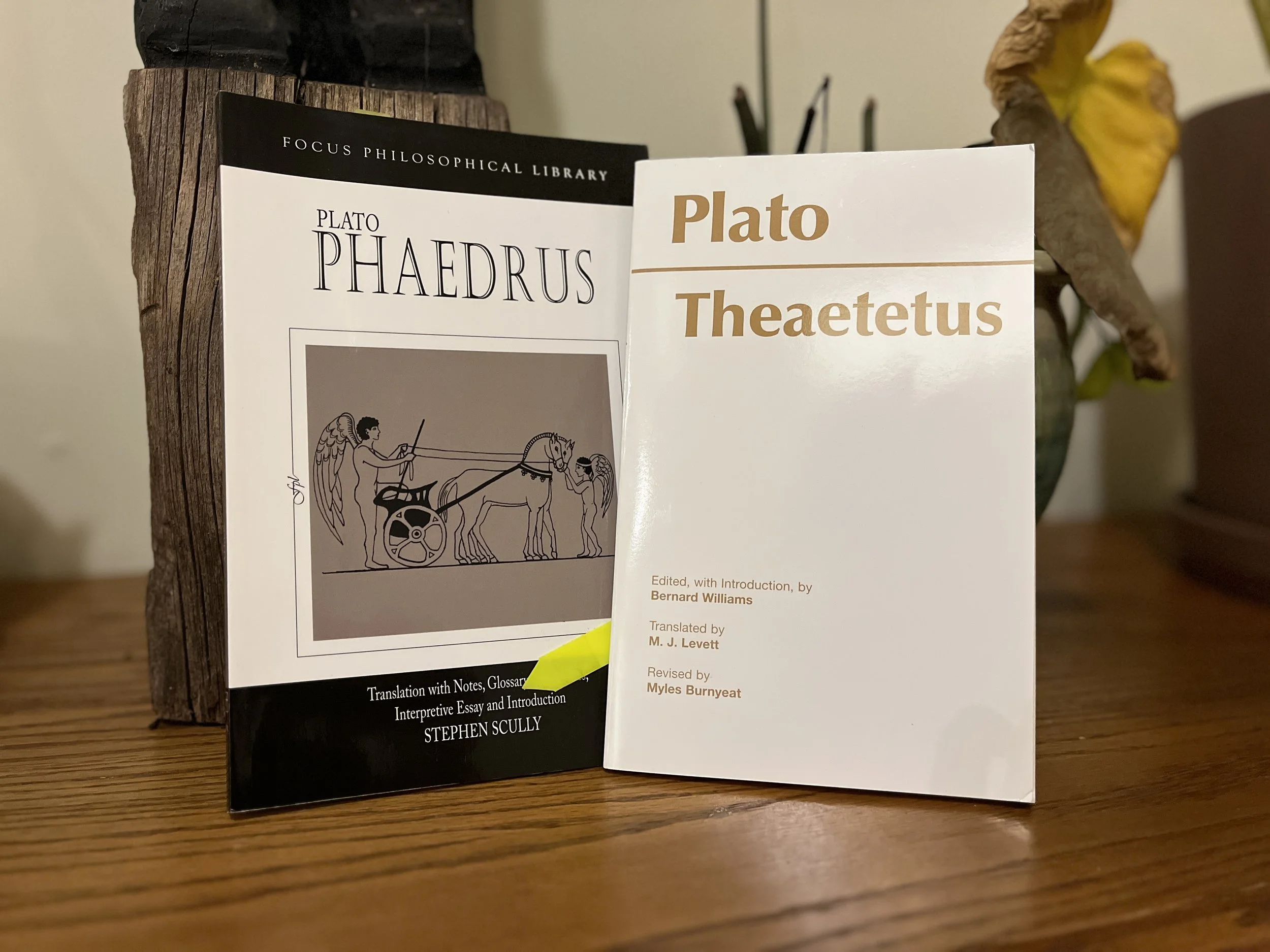PAST READING GROUPS
-
Facilitator: Dr. Monica Mikhail
Offered: Fall 2025Our Fall 2025 Community Read, Housekeeping by Marilynne Robinson, explores various attunements to the world: those shaped by the bureaucratizing effects of modern life, those formed in reaction to modern life, and those that somehow endure beyond the ordering constraints of modernity’s progress. The novel invites us to reflect on the assumptions that shape how we relate to the phenomena of daily experience and points us towards a more capacious mode of perception attentive to the mystery of life.
-
Facilitators: Dr. Monica Mikhail and Dr. Dena Fehrenbacher
Offered: Spring 2025In this reading group, we explored the theme “Varieties of Thinking” by reflecting on what is required of us to think well and through reading select short stories from Raymond Carver, Gabriel García Marquez, David Foster Wallace, Jamaica Kincaid, Lydia Davis, Fyodor Dostoevsky, Laurie Colwin, and Vladimir Nabokov. We discussed select categories of thinking– contemplative, reflexive, imaginative, critical, speculative — to ask: What is the value of different types of thinking? How are different kinds of thinking practiced and accounted for? And how can thinking be an act — that is, something we deliberately undertake?
-
Facilitators: Dr. Monica Mikhail and Dr. Dena Fehrenbacher
Offered: Fall 2024The two parts of J.D. Salinger’s Franny and Zooey – the short story “Franny” and the novella Zooey – were first published in The New Yorker in 1955 and 1957, respectively, and published as a single text in 1961 by Little, Brown. Following two college-age siblings disenchanted with a self-indulgent world, it repeatedly provokes us to consider, among other things, the difference between acquiring knowledge and acquiring wisdom. We read this text alongside our semester theme, “Religious Life and the University.”
-
Facilitators: Dr. Monica Mikhail and Dr. Dena Fehrenbacher
Offered: Spring 2024Our Spring 2024 Community Read was a collection of readings curated by the Berkeley Institute around the theme “Virtue and the Intellectual Life.” It begins with a chapter from Alasdair MacIntyre’s After Virtue, “On the Nature of Virtues.” We take MacIntyre’s survey of five different accounts of virtue within the Western tradition as a starting point for exploration, and we have paired each with secondary reading selections.
-
Facilitators: Dr. Monica Mikhail and Dr. Dena Fehrenbacher
Offered: Fall 2023Laurus is a historical novel set in Russia at the end of the middle ages, but it plays with both the form of the novel and idea of the medieval past. While the novel is embedded in Russian literary, cultural and religious traditions, it also challenges the spiritual and cultural boundaries of modern nation-states. And as a creative project of the Russian medievalist, Eugene Vodolazkin, the novel explores the assumptions, questions, and epistemologies we bring to bear on history.
-
Facilitator: Dr. Monica Mikhail
Offered: Fall 2022Blaise Pascal’s Pensées is a fragmented collection of reflections on faith, doubt, reason, and the human condition which was unfinished at the time of his death. We discussed different thematic threads that emerged across the Pensées, ending with the question: How should we live our lives in the face of profound uncertainty, when committing ourselves to particular moral or philosophical positions feels impossible?
-
Facilitator: Zena Hitz
Offered: Summer 2022Partnered with the Catherine Project, the Berkeley Institute offered three reading groups led by Zena Hitz, author of Lost in Thought. The groups included discussions on Platonic dialogue and works of Nietzsche, a focus on close reading, and development of habits of patient and generous thinking.
-
Facilitator: Dr. Dena Fehrenbacher
Offered: Spring 2022In this discussion, we read Rainer Maria Rilke’s Letters to a Young Poet alongside passages from writers, philosophers, theologians and mystics– from Henry David Thoreau and Desert Fathers and Mothers. Through these readings, we reflected on questions such as: What is the difference between loneliness and solitude? Is cultivating one’s inner life a narcissistic endeavor? Why do religious and philosophical traditions conceive of it instead as a return to community? And what kinds of creativity and insight are generated by solitude and community, respectively?
-
Offered: Fall 2021
Returning to the Pleasures of the Intellectual Life: Zena Hitz's Lost in Thought.
-
Facilitator: Dr. Dena Ferenbacher
Offered: Summer 2021Ralph Ellison’s novel Invisible Man is many things: a novel of ideas; an exploration of the nature of speech and action; a dark satire of American culture and its racial politics; and a profound meditation on the psychological and phenomenological experiences of race, bigotry and the Black experience in America. As the first novel by an African American writer to win the National Book Award, it is also a novel that is wary of the prestige of awards, that both affirms and is cautious of the institutionalization of American letters.
This reading group worked through Ellison’s long classic, considering the different contexts and philosophical questions each episode of the novel brings. But we especially returned to a question that Invisible man itself hesitates to answer: can fiction actually be a “raft of hope […] as we [try] to negotiate the snags and whirlpools that mark our nation’s vacillating course toward and away from the democratic ideal?” -
Facilitators: Dr. Matthew Rose and Amada Beltran
Offered: Summer 2020By early 1943, it was clear to many observers that the Allies would win the Second World War. But for C.S. Lewis, the conflict had revealed a civilizational crisis that military victory alone could not solve. He feared that the war had exposed a terrifying ignorance about the foundations of a humane social order. He argued that to be worthy of victory, and to avoid a degradation worse than defeat, Western nations would need to understand the basis of humanistic education. This reading group considered Lewis's The Abolition of Man and its argument that only universal values, rooted in man's rational nature, can protect human dignity.
-
Offered: Summer 2019
In our summer fiction reading group, we read Milan Kundera's The Unbearable Lightness of Being. We met weekly to talk about Kundera's understanding of erotic love, its relationship to human finitude, and his frequent reflections on theological themes.
-
Facilitators: Bailey Farren, Nathaniel Hodson, Jule Coppa and Alexander Huber
Offered: Spring 2018This reading group on Lesslie Newbigin's The Gospel in a Pluralist Society offered an introduction to Catholic thought grounded in traditional theology while also engaging with contemporary issues and questions. The group engaged with central questions posed in the text: how does the gospel relate to a pluralist society? What is the Christian message in a society marked by deep political differences and ethnic diversity? Should Christians encountering postmodern society concentrate on evangelism or on dialogue?
-
Facilitator: Dr. Matthew Rose
Offered: Sprint 2018This reading group examined Patrick Deneen’s Why Liberalism Failed and the claim that liberalism’s own internal contradictions have led to its unraveling. Participants discussed Deneen’s critique—that liberalism promotes equality while enabling vast inequality, values consent while eroding civic bonds, and pursues autonomy at the cost of overreach by the state. The group also read critical responses to the book from diverse political and philosophical perspectives, reflecting on the future of liberal democracy in the twenty-first century.
-
Offered: Summer 2016
We discussed "The Life You Save May Be Your Own" and excerpts from her essay "The Nature and Aims of Fiction."
